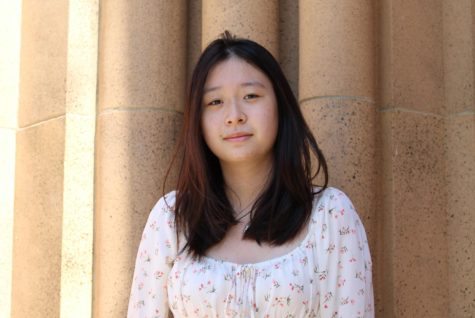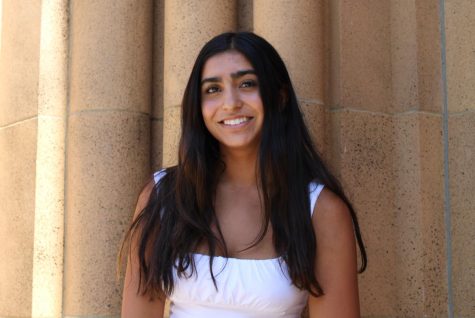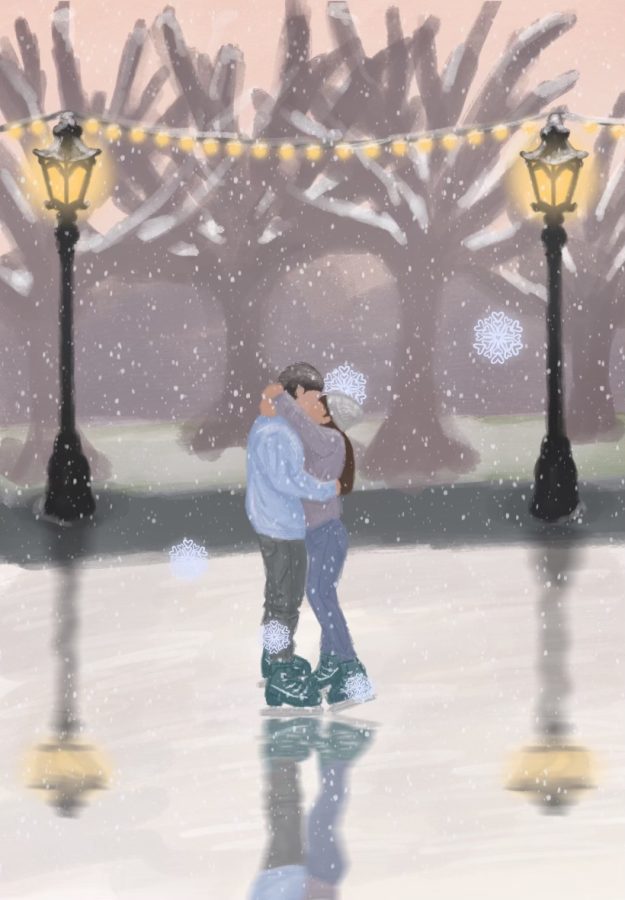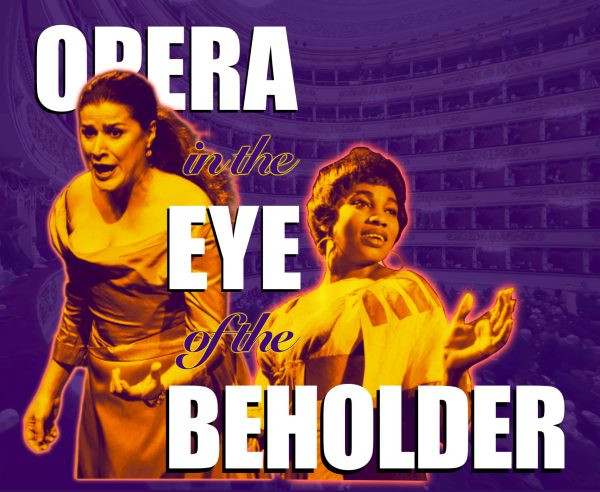Holiday Season L❤️VE
The influx of romantic imagery around the holidays causes some students to feel relationship pressure
Snow falls as church bells ring in the distance. Two people tightly grasp their hands together, as they glide across a frosted lake. Christmas lights start to twinkle against the moonlight, laughter fills the air before…
“CUT!” The director yells and the “picture-perfect” holiday scene comes to a halt as the actors scramble off the lake.
In addition to the traditional festivities and family gatherings during the holiday season, another tradition that some feel as toxic has begun—the pressure to get into a relationship during these times.
“It’s honestly hurtful seeing [this message], especially as someone who is not in a relationship,” junior Bee Montes said. “You’re either miserable during the holidays, or in a relationship and happy, and there’s no in between.”
Through popular imagery—from the media to even Christmas cards—the idealization of relationships is everywhere, causing unrealistic expectations around the holidays.
One such source that portrays the message that being alone during the holidays is discouraged, are popular romantic comedies on the Hallmark Channel or Netflix.
From movies such as “Holidate,” where the primary plot begins because the protagonist doesn’t want to be single during the holidays, to the all-time classic “The Notebook” a film which critics claim actually glorifies toxic relationships, several well known films perpetuate an unhealthy view of getting into relationships. Though these movies may seem like harmless films, they actually portray unrealistic expectations of the holidays that students at Paly feel the need to live up to.
“If you are alone, everyone thinks it’s a bad thing,” Montes said. “[The movies] make it seem like you can’t be with your family as your loved ones, [instead] it has to be romantic.”
Furthermore, people who are actively in relationships feel pressured to rise to the media’s expectations of relationships, and to the social pressure asked of them during the holiday season.
“When you are in a relationship during the holidays it’s hard because you are constantly reminded [that] ‘we have to be doing this big thing for each other,’” junior Tate Hardy said. “When the expectations don’t line up… it can kind of be a let down because there’s so much build up from the media.”
Furthermore, such movies sometimes take a step further and use the holiday atmosphere to romanticize relationships that are never as charming in real life. Organizations such as One Love, a non-profit organization aimed at promoting and showcasing healthy relationships, view the portrayal as harmful for teenagers.
“Most holiday movie plots revolve around a romantic relationship, and most [of these movies] portray unhealthy behaviors as desirable,” Sheridan Riolo, Engagement Manager of One Love, said. “These behaviors drive the plot and keep things interesting, [but] they are actually sending the wrong message about what we should be looking for in potential partners.”
Social media also plays a part in manufacturing the “perfect” way to spend the holidays.
“In TikTok videos where there’s a ‘happy couple’, all the comments are like ‘oh I’m gonna sleep on the highway tonight,’” junior Eloise Dumas said. “This makes me feel worse about myself in comparison.”
In general, teenagers are surrounded by carefully curated personas on social media that provide a false narrative about relationships. As people tend to frequently broadcast their lives, especially around the holidays, teenagers are more likely to feel more resentful of their own lives.
“I feel like social media is people sharing the best side of themselves,” Dumas said. “I think that applies to relationships as well and makes you feel less fulfilled with your friendships because you feel like you should be in a relationship [instead].”
Instead of being viewed as something special, relationships are seen as a necessity.
“Pressure to get in a relationship can have a negative effect on teens because it sends the message that you’re not whole or good enough on your own,” Riolo said. “Even though it may come from a positive and supportive place, your relatives and friends asking ‘are you seeing someone?’ asserts the idea that a relationship is a social achievement.”
All of these seemingly minor actions in media and in conversations have a bigger impact than one may think. When society pours out the same harmful message annually, it is easy to start believing that message.
While the holiday season may continue to be a time for excess showcase of romantic relationships, One Love encourages teenagers to try to not cave under those pressures and simply approach a romantic relationship because they want to be in one.
“One of our ‘Signs of a Healthy Relationship’ [guide] is a comfortable pace, taking the time to get to know another person before jumping into anything,” Riolo said. ”Everyone moves at their own pace and you will know when it’s right for you to get into a relationship. Try to remember that relationships are meant to be fun.”
Featured Image by Jeslyn Chen
Print Issue
Please click on the three vertical dots on the top right-hand corner, then select “Two page view.”

2021-2022 - Staff Writer
2022-2023 - Online Managing Editor
C Mag was really appealing to me because of its creativity and beautiful designs. I remember...

2022-2023 - Staff Writer
I joined C Mag because I always loved reading the issues, I thought they were so unique and I wanted to be part of that creative...







